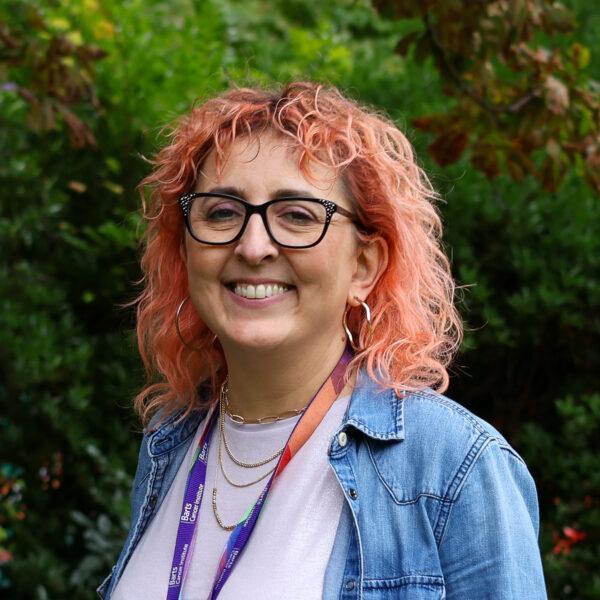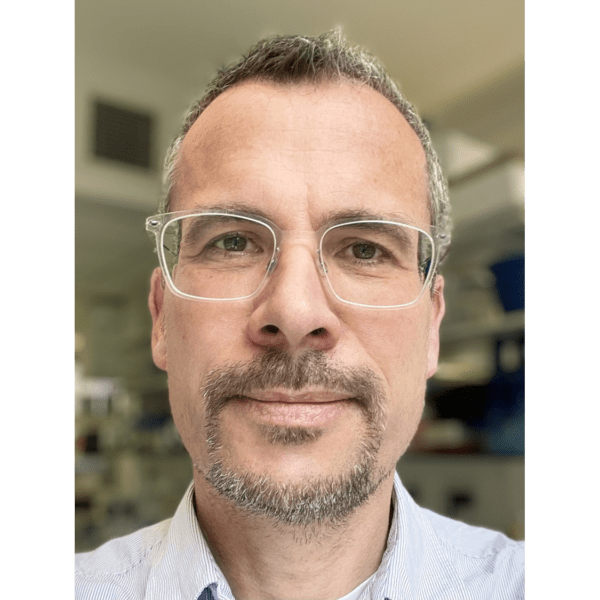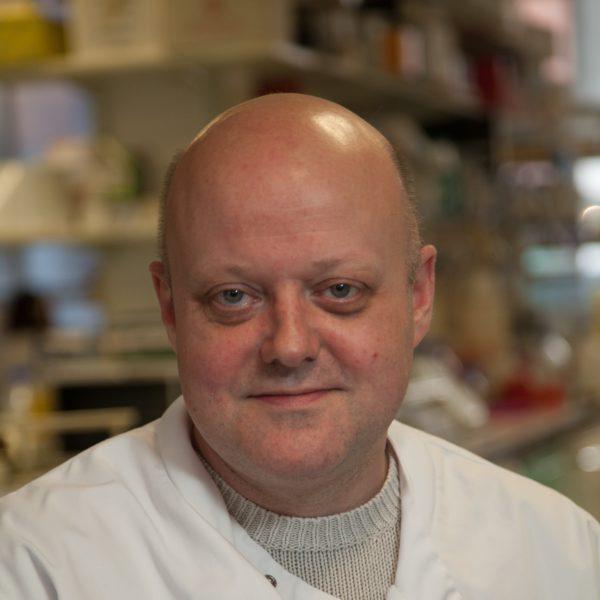Staff Directory
Professor Francesca Ciccarelli
Professor of Cancer Genomics, Barts Cancer Institute Principal Group Leader, Cancer Systems Biology, The Francis Crick Institute
Our group investigates cancer evolution, with a focus on understanding how genetic changes influence disease progression, response to therapy and development of resistance. We particularly concentrate on gastrointestinal cancers such as colorectal, stomach and oesophageal cancer.
Professor Marco Gerlinger
Professor of Gastrointestinal Cancer Medicine; Consultant Medical Oncologist and Director of GI Cancer Research at St. Bartholomew's Hospital
We are investigating how drug resistance evolves in bowel and gastro-oesophageal cancers, how these tumour types can be treated more effectively through novel immunotherapies and targeted drugs, and how treatment sensitivity and resistance can be predicted.
Professor Stuart McDonald
Professor of Gastrointestinal Biology
Our main research areas are focused on understanding the evolution of Barrett’s oesophagus to cancer, field cancerisation of the human stomach, and clonal expansion in ductal carcinoma in situ of the human breast.
Professor Bijendra Patel
Professor of Surgery (Laparoscopy and Surgery Skills)
I am a leading expert in establishing higher education degrees for acquiring operative surgical skills by simulation. I pioneered the Masters course in Surgical Skills and Sciences at Barts Cancer Institute and have set up a “Virtual Reality Surgical Simulation Centre” for training surgeons.
Professor Sir Nicholas Wright
Emeritus Professor of Histopathology
My research interests include clonal evolution in colorectal adenomas and inflammation-associated cancer, the nature of Barrett’s glands, and the design of methods to explore neutral drift in stem cell divisions in normal human tissues.
Dr Lucas Baumard
In my research, I examine the response of immune cells to different chemotherapy drugs in order to develop more effective cancer immunotherapy combinations. I use patient-derived organoids (from oesophageal cancer patients), 3D models, T cell co-culture models, flow cytometry, IHC(-F, H&E) and ELISA.
Dr Meng-Lay Lin
My research interest focuses on risk stratification signatures for Barrett’s oesophagus progression to cancer using high throughput multiplexed imaging, bioinformatics, shallow whole genome sequencing, and spatial transcriptomics.





